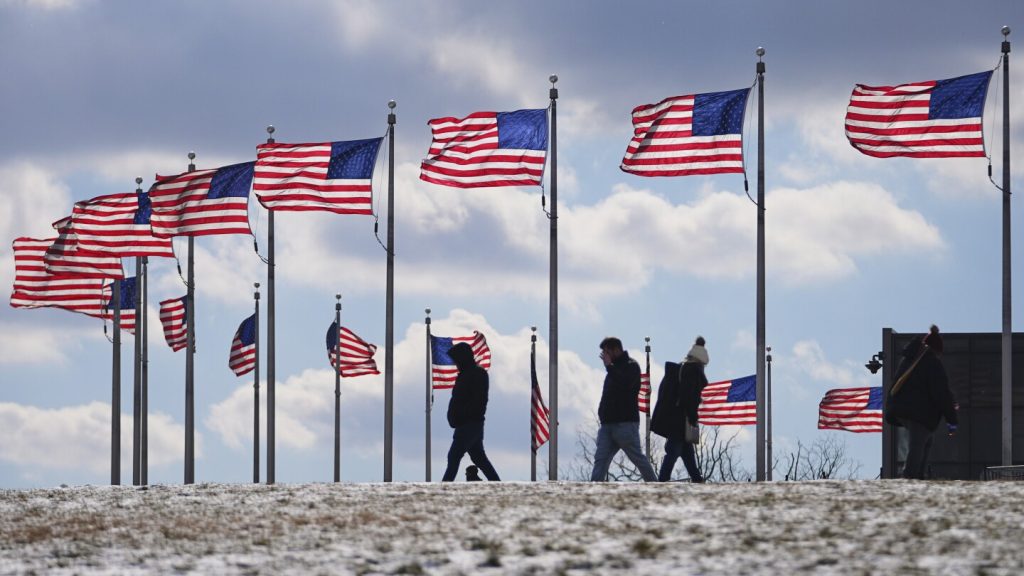Shift in Strategy: Maricopa County Reduces Focus on Combating Election Misinformation
Introduction: A New Direction for Election Communication
In a significant shift in strategy, Maricopa County, Arizona, has decided to scale back its efforts to combat election misinformation. Justin Heap, the newly elected Recorder, has reduced the external communications staff from seven members to just one, signaling a change in approach from his predecessor, Stephen Richer. The move is part of Heap’s plan to allocate resources towards improving voter database management and electronic systems. This decision has sparked debate about the role of government in addressing election-related misinformation.
The Richer Era: Proactive Communication and Misinformation Combat
During Stephen Richer’s tenure as Recorder, Maricopa County took a proactive stance against election misinformation. Richer, a Republican, made it a priority to address false claims and conspiracy theories, especially after the 2020 presidential election. His office worked closely with local law enforcement and the board of supervisors to monitor and correct false information. Richer personally engaged on social media to debunk viral falsehoods, emphasizing transparency and trust in the electoral process. His efforts were seen as crucial in countering the wave of disinformation that followed the 2020 election.
Heap’s Perspective: A Narrower Focus on Voter Confidence
Justin Heap, who took office in January, has taken a different approach. He believes that the government should not act as a regulator of online misinformation. Instead, Heap is focusing on improving voter confidence through more practical measures, such as updating voter rolls and increasing transparency in election observer processes. He argues that voter distrust stems not from misinformation, but from recurring issues in election administration that have not been adequately addressed by officials. Heap’s strategy reflects a broader shift in Republican messaging, emphasizing administrative reforms over direct engagement with false claims.
The Role of Law Enforcement: Handling Future Threats
With the reduced focus on misinformation, Maricopa County is placing greater emphasis on law enforcement to handle threats against election officials. The Sheriff’s Office will now take the lead in addressing potential security concerns, according to Heap’s chief of staff, Samuel Stone. This approach aligns with the Trump administration’s stance on limiting government involvement in policing online speech. However, critics worry that this shift could leave a vacuum in countering election-related disinformation, especially given Maricopa County’s history of being a target for conspiracy theories.
Implications of the Shift: A New Era for Election Integrity
The decision to reduce the county’s focus on misinformation raises important questions about the future of election integrity. While Heap’s emphasis on administrative improvements and transparency is commendable, the reduction in proactive communication efforts could leave voters more vulnerable to false information. As the 2024 elections approach, the stakes are high for maintaining trust in the electoral process. Maricopa County’s approach will be closely watched as a potential model for other jurisdictions.
Conclusion: The Broader Debate on Government and Information
Maricopa County’s shift in strategy reflects a broader debate about the role of government in managing misinformation. While some argue that it is not the government’s responsibility to police online discourse, others believe that proactive engagement is essential to protecting democratic integrity. As the political landscape continues to evolve, the balance between administrative reforms and countering misinformation will remain a critical issue in the fight for election transparency and voter trust.












